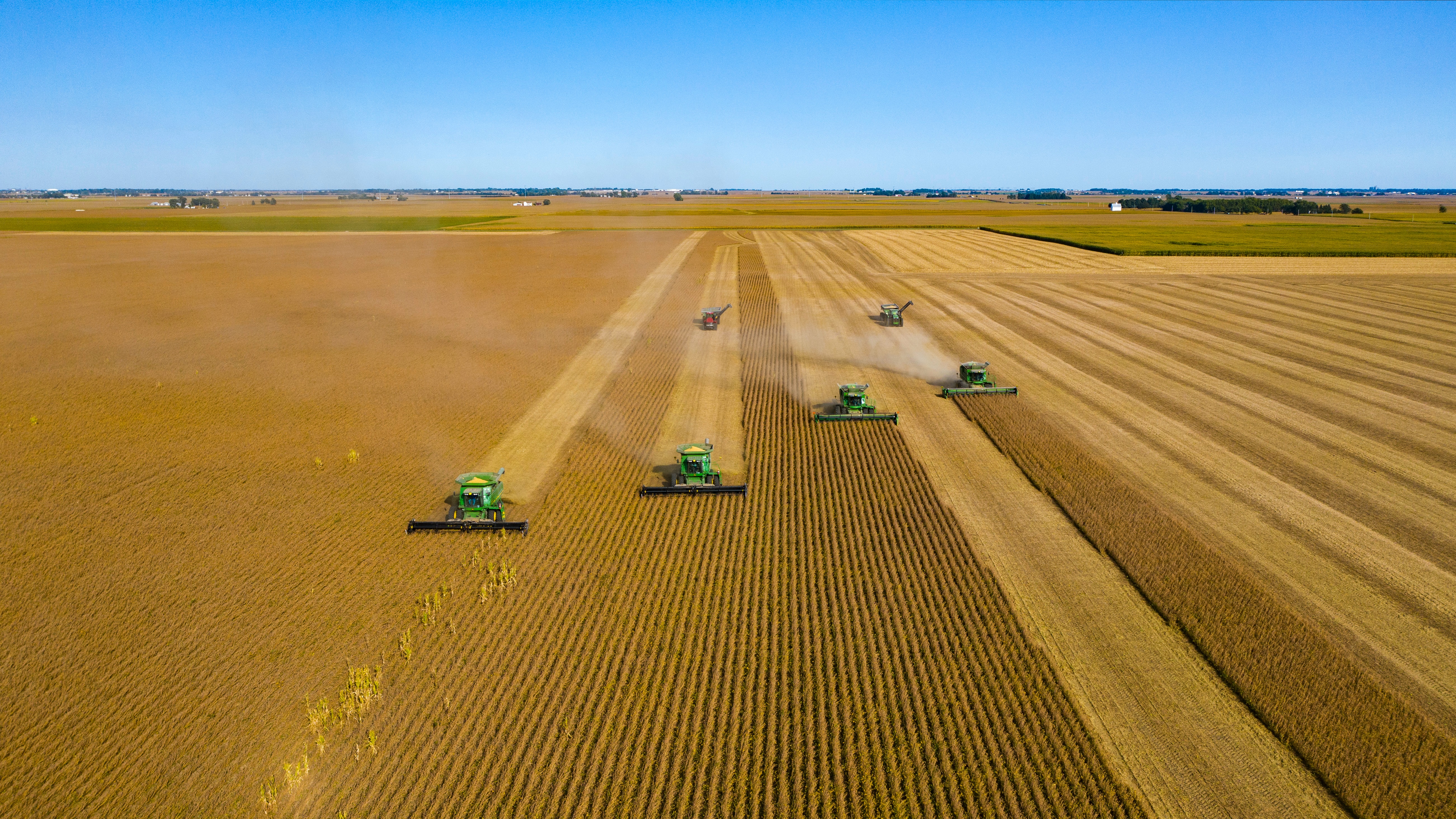Profitable and sustainable agriculture thanks to agricultural machinery
Agricultural machinery has played a decisive role in agriculture, automating and optimizing processes. Now, with the arrival of digitalization, its potential grows exponentially.

15.02.24.
Agricultural machinery has been a key tool in modern agriculture, significantly improving the efficiency and productivity of crop management. In addition, it has also contributed to a more profitable and sustainable agriculture through the optimization of different agricultural activities.
More efficient soil and crop management
Modern planters, for example, allow for more uniform and precise planting thanks to telemetry and sensors, reducing the amount of seed wasted and improving crop germination and growth. In addition, today's combines and pickers also allow for more efficient and faster harvesting of crops, decreasing soil compaction, reducing waste and improving the quality of the final product.
More precision in product application
Agricultural machinery has improved efficiency in the application of fertilizers, fertilizers, herbicides and other products used in crop management. Modern fertilizer spreaders, sprayers and spreaders allow for more precise application of these products, reducing environmental impact and cost for farmers.
Waste control
Fourth, agricultural machinery has also enabled more efficient management of agricultural waste. For example, modern balers allow for more efficient compaction of agricultural waste, reducing the amount of space needed for storage and transportation. In addition, agricultural machinery has also allowed the creation of modern composting systems that allow the conversion of agricultural waste into fertilizer for reuse in crop management.
Automation, the farmer's great ally.
Finally, machinery has also allowed greater automation of agricultural processes, which reduces the need for labor, increases efficiency in crop management and improves the quality of life of farmers. For example, automating fertilization and planting allows for more uniform and precise distribution of produce, reducing waste and improving crop growth. Additionally, harvesting automation allows for more efficient and faster harvesting of crops, reducing waste and improving the quality of the final product.
In conclusion, agricultural machinery has played a decisive role in modern agriculture, allowing more efficient and sustainable crop management. It has improved efficiency in soil management, product application, waste management, collection... It has also allowed the automation of agricultural processes, significantly improving the farmer's working conditions. And now, with the arrival of digitalization, machinery has an even more relevant role as a means of data collection and transmission. In addition to being able to perform a variable job, linking its operation to the data collected.


